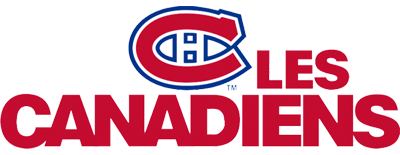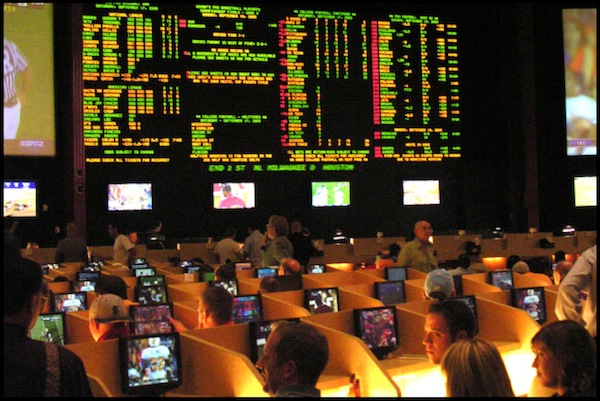Boston Bruins Up 2-0 On New York Rangers: What Are the Odds?
The No. 4 seeded Boston Bruins were expected to beat the No. 6 seeded New York Rangers before the first puck of the series was even dropped. Each team was coming off dramatic Game 7 victories in the first round, but Boston was given solid odds to beat New York.
Coming into the series the line on the series was Rangers (+135) vs. Bruins (-165). Which, for sports betting neophytes like me who are striving to get better, means Boston had just over a 62 percent chance of defeating rival New York.
Not exactly a decisive advantage, but not quite a tossup either.
Now that the Bruins have gone up 2-0 on the Rangers, winning their first two games at homes, how has that changed the look of the series from a betting perspective and from a historical perspective.
The Betting Perspective:Â
Game 2 just ended and the early line on Game 3 is the Rangers (-135) vs. Bruins (+125). It’s still early, so that’s likely going to change slightly over the next two days, but so far oddsmakers are giving New York a 57 percent chance of bouncing back at home.
So that’s the betting perspective. The lines change constantly from game to game, period by period, and sometimes even minute by minute. The rapid, ever-shifting, pace is enough to make your head spin.
Hopefully you aren’t one of those people who blows chunks on (or getting off) the Tilt-A-Whirl, because you’ve got to keep it together—not easy if you weren’t born a gamblin’ man. Not easy in general, which is why the house always wins.
Don’t let that discourage you from throwing down your money on the game and the sport of your choice though. Because the house always wins, people, as a whole, have to be losers. Otherwise they wouldn’t be in business. Individuals who know what they’re doing, however, have been known to rob the house big time.
The Historical Perspective:
Maybe you’re not into sports betting and don’t even understand with the line is. Maybe you’re just a hockey fan who doesn’t exist at the mercy of oddsmakers. Maybe you’re just a fan who wants to know who will win, dammit!
That’s where history comes in, my friends.
History is a powerful cyclical force which is forever repeating itself. And, sorry to you Rangers fans out there, but history says the Bruins will win this series. New York may win a battle or two, but history says Boston will win the war.
Actually, history is fond of Boston winning wars in general—even when sports aren’t involved.
The Rangers are currently a position that they’ve not performed well in historically. Excluding the current series, the Rangers have gone into the conference semifinals as the lower seeded team 15 times. The good news is that they’ve won 6. The bad news is that they’ve lost nine—which is 60 percent.
The badder news is that they’ve only come back from a 0-2 deficit in the playoffs twice. The Rangers defeated the Montreal Canadiens in 1996 after the Habs took the first two games of that series.
The silver lining for New York fans is that the second time it happened was against the Washington Capitals about a week ago.
As of the 2011-12 NHL season, the team which won the first two games of the conference series at home, won an incredible 87 percent of the time. Even after their Game 1 victory, Bruins’ franchise history gave them a 61 percent chance of winning. Which were pretty decent odds to begin with.
When it comes to the Bruins current situation specifically, history has been relatively kind to them, although their chances of winning may not match the league average of 87 percent. The B’s are 21-7 in a best-of-seven series in which they’ve had a 2-0 advantage going into Game 3—winning 75 percent of the time.
So What Are the Odds, Exactly?
It’s pretty simple, folks. Oddsmakers favor the Bruins. History favors the Bruins. The universe seems to be favoring the Bruins.
The lines will shift throughout the series, but I’m going to put the odds of these Big Bad B’s winning this series at 100 percent.
You can bet on that. And if you win something, I’ll expect 15 percent of all earnings.
But if you lose, I’m not responsible for any monetary losses.









